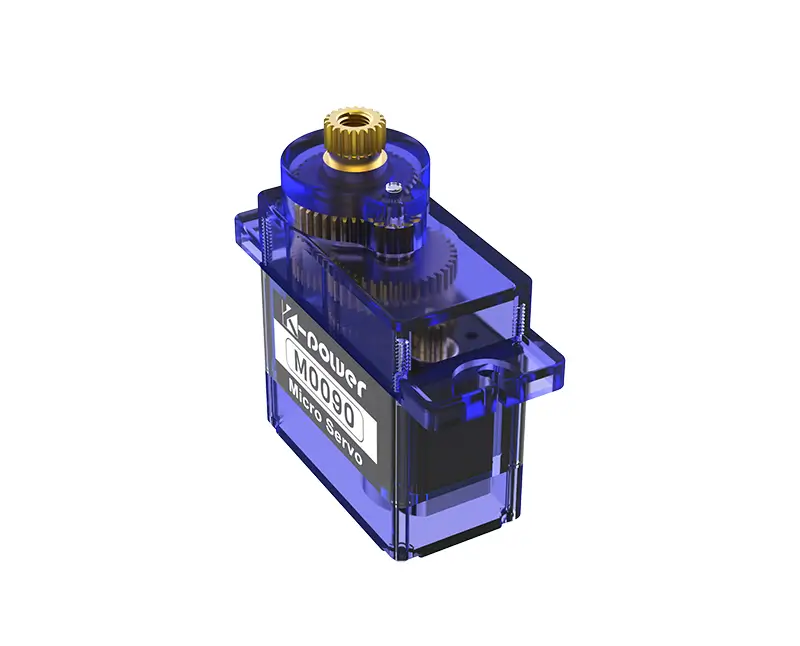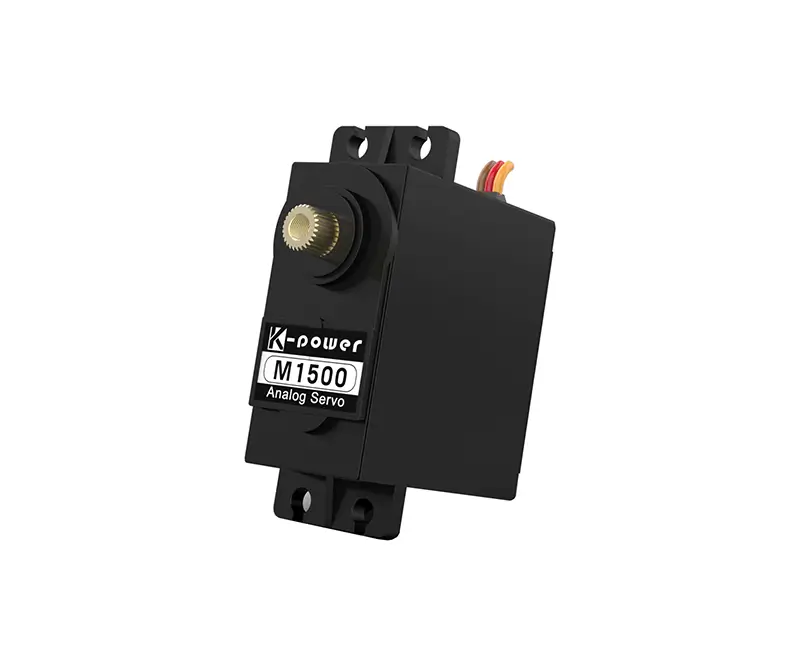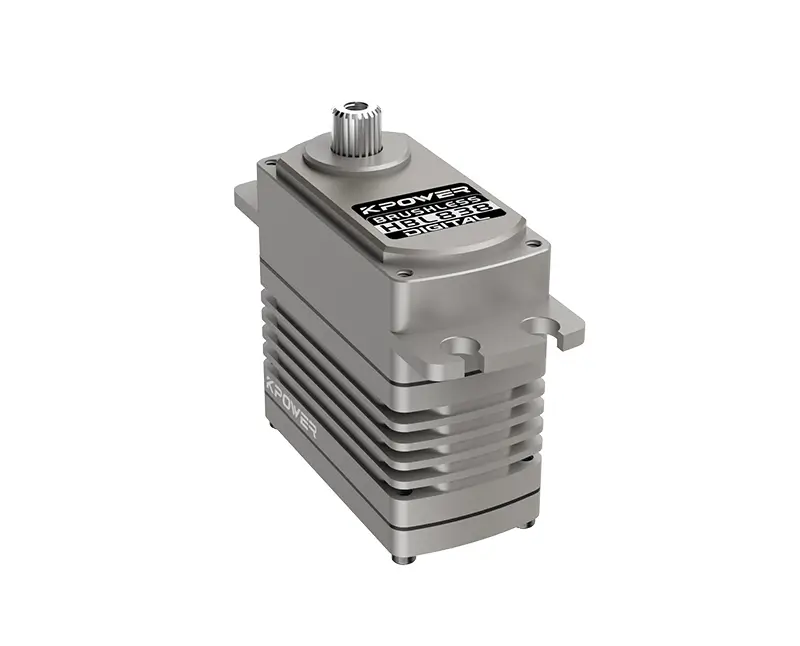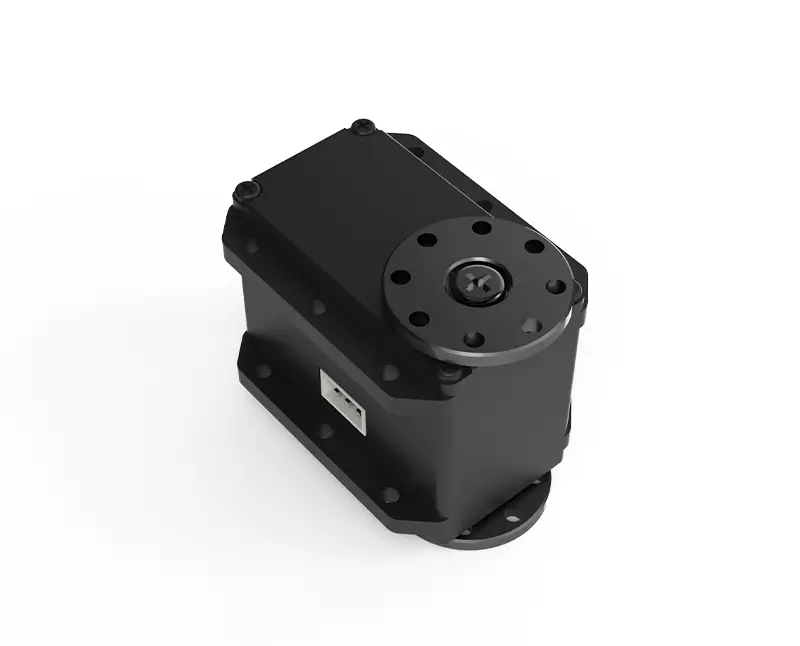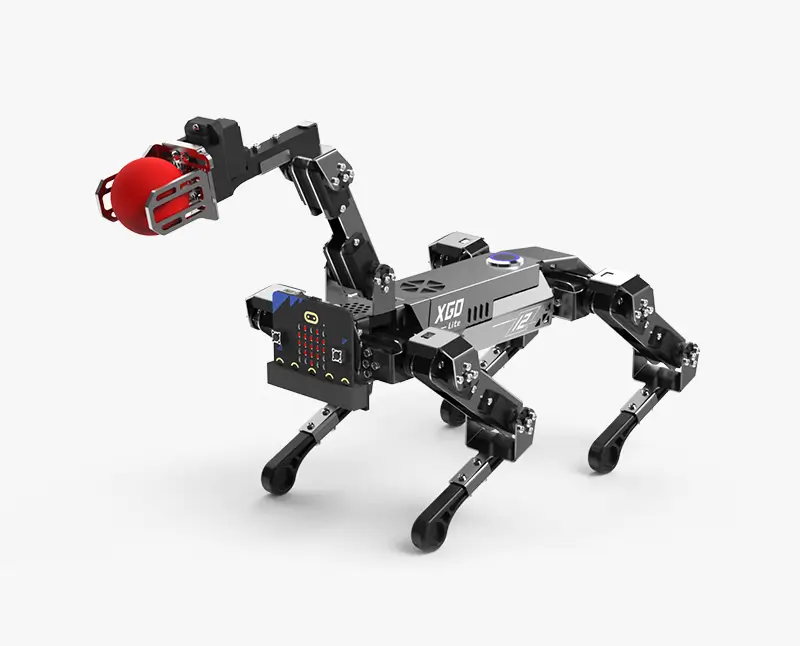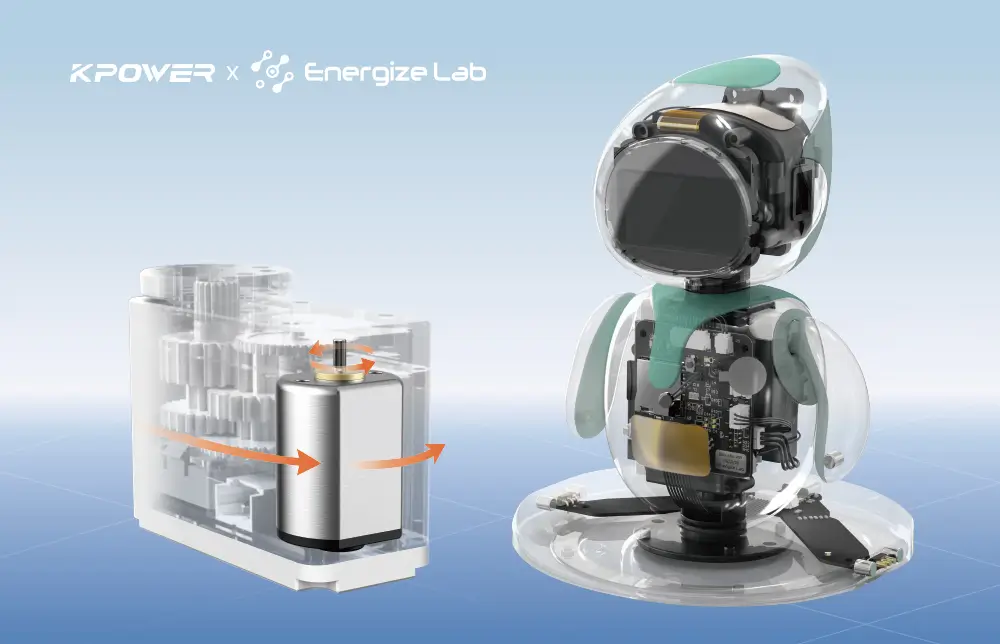What’s Stall Torque, and Why Should You Care? Let’s Talk Servo Motors
So, you’ve heard the term “stall torque” thrown around when discussing servo motors. Maybe you’re wondering: What does it actually mean? And more importantly, why does it matter for your projects? Let’s break it down without the jargon overload.
.webp)
Stall torque is the maximum torque a servo motor can produce when it’s forced to stop rotating—like when a robotic arm hits an obstacle or a conveyor belt jams. Think of it as the motor’s “muscle limit” under stress. But here’s the kicker: not all stall torque ratings are created equal. Some motors promise big numbers but fizzle under real-world demands. Others, like KPOWER’s servo systems, deliver consistent performance without overheating or stuttering.
Wait, How Does Stall Torque Affect Daily Operations?
Let’s say you’re automating a packaging line. If a motor’s stall torque is too low, it might stall when sealing heavy boxes, causing downtime. Too high? You risk overspending on power and hardware. KPOWER’s motors strike a balance—enough grunt to handle sudden loads, smart enough to optimize energy use. One user put it bluntly: “It’s like having a backup generator inside the motor.”
Q: Can’t I Just Use Any High-Torque Motor?
A: Sure, but torque isn’t the whole story. Imagine revving a sports engine in stop-and-go traffic—it’s powerful but inefficient. KPOWER designs servo motors to handle peak demands without wasting energy. Their secret? Precision engineering that reduces heat buildup, even at stall. Less heat = longer lifespan. Simple math, really.
The “Hidden” Cost of Ignoring Stall Torque
Ever replaced a motor after six months because it burned out? That’s often a stall torque mismatch. Cheap motors might save upfront, but frequent failures add up. KPOWER’s models are built to endure—tested in everything from freezing warehouses to dusty assembly floors. One client noted, “We stopped worrying about motor failures and focused on scaling production instead.”
Q: What Makes KPOWER Different?
A: Two words: adaptive durability. Their servo motors don’t just meet specs—they adapt to fluctuating loads. Picture a motor that “senses” resistance and adjusts torque dynamically. No drama, no shutdowns. Just smooth operation, even when things get unpredictable.
Final Thought: It’s Not Just About Numbers
Stall torque specs can feel abstract until a motor fails mid-task. KPOWER’s approach isn’t about slapping big numbers on a datasheet. It’s about engineering motors that thrive in messy, real-world conditions. Because reliability isn’t a feature—it’s the foundation.
Still curious? Explore how torque, efficiency, and durability intersect in KPOWER’s designs. Because when your equipment works harder, you shouldn’t have to.


































.webp)
